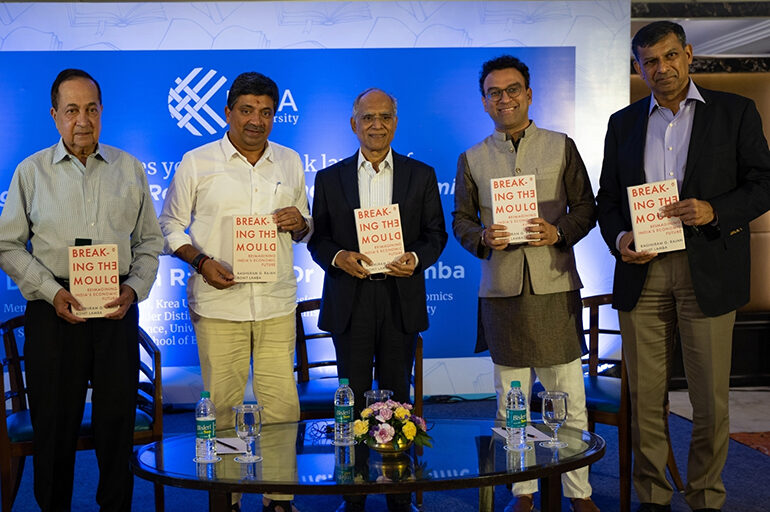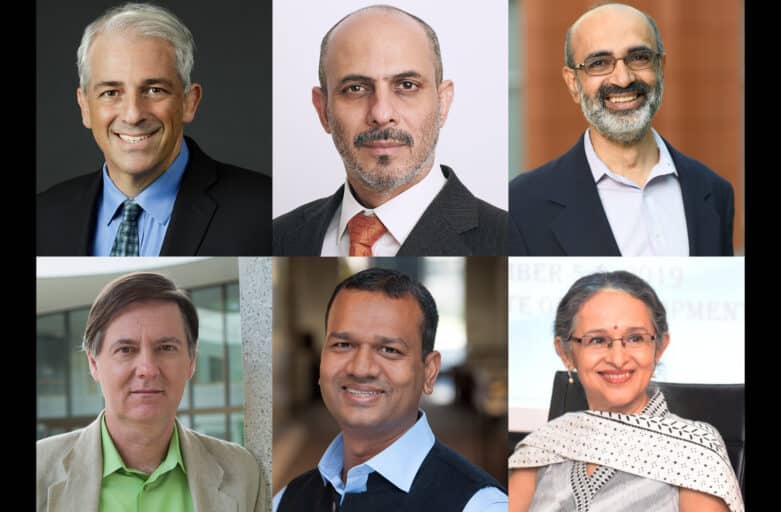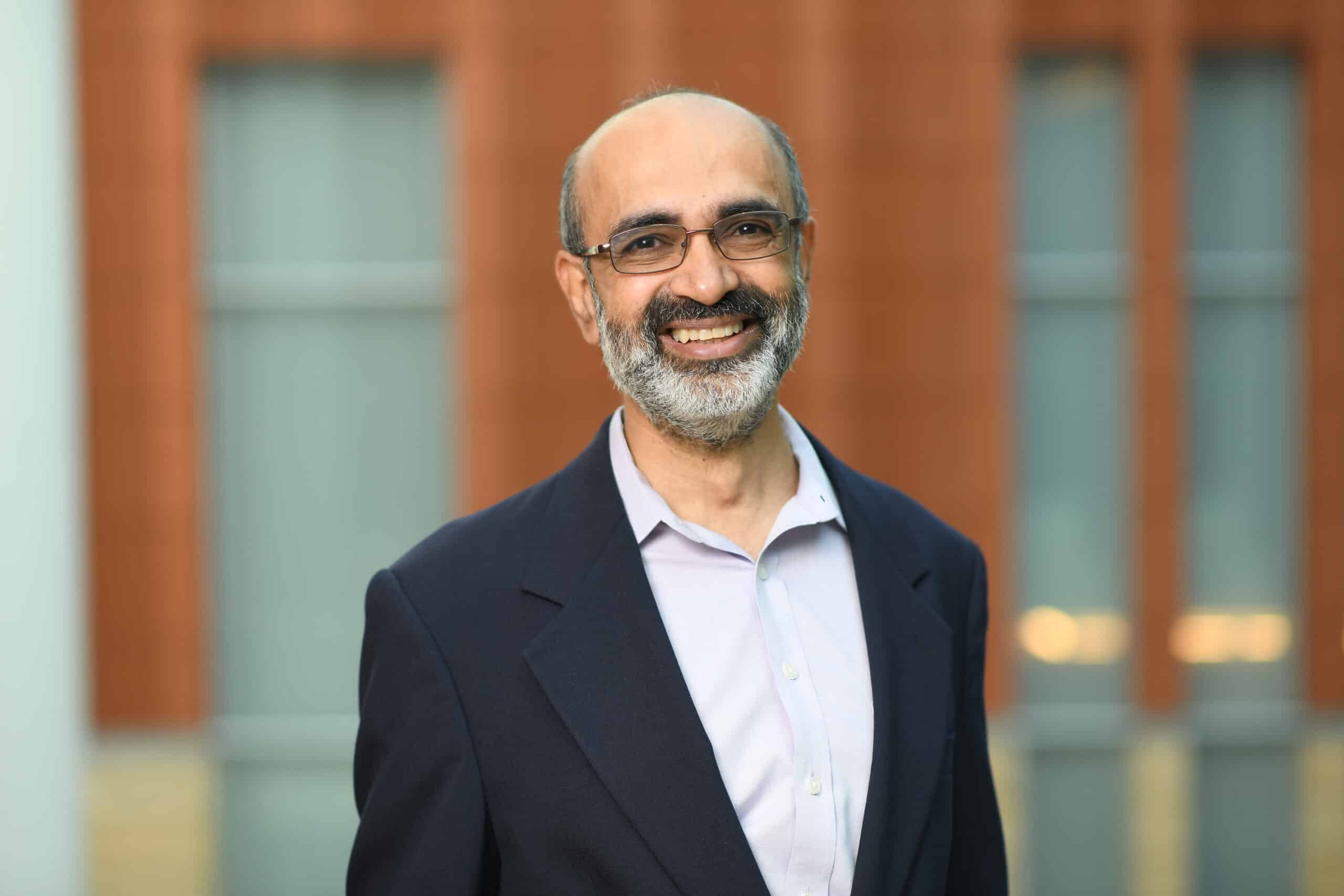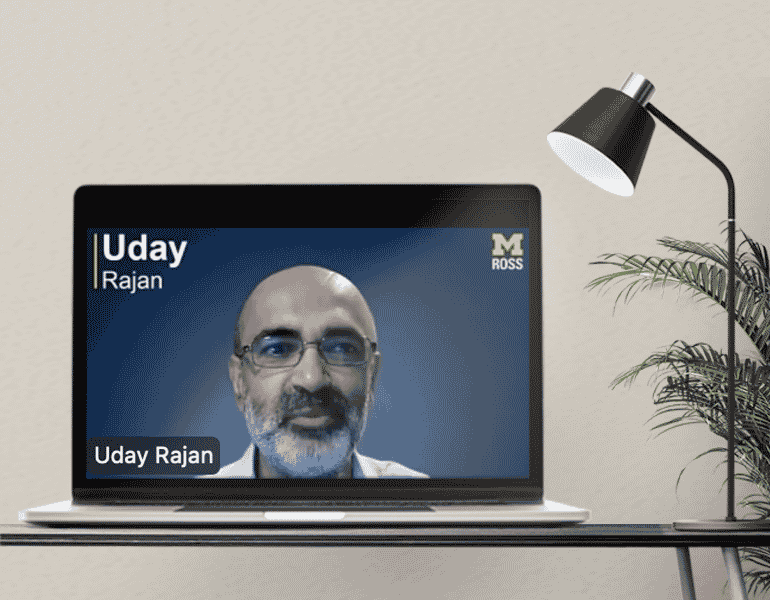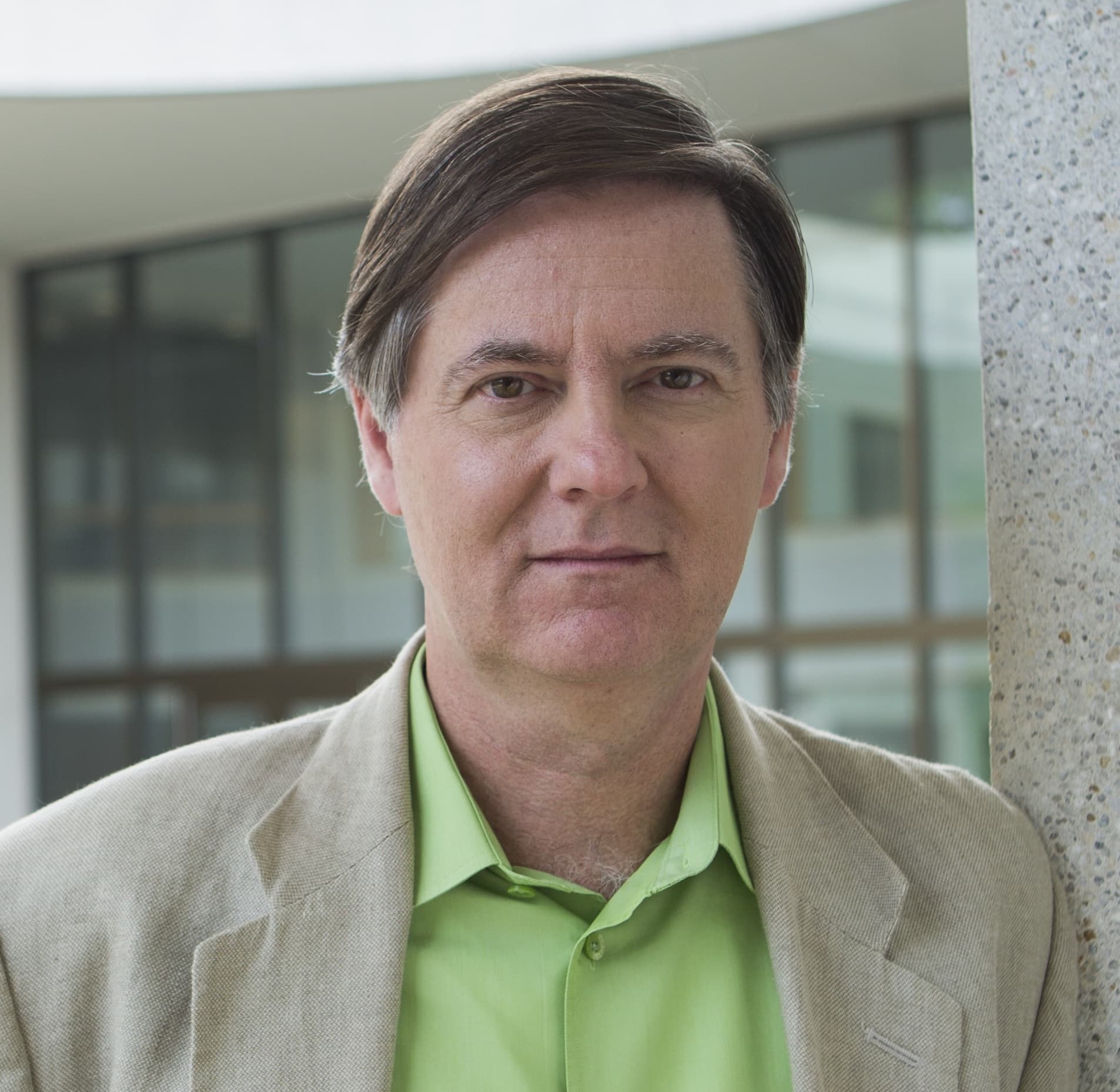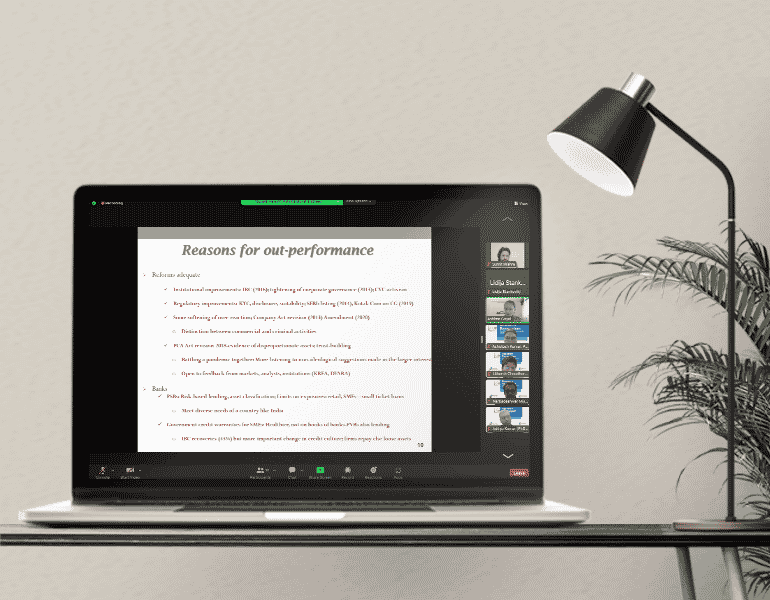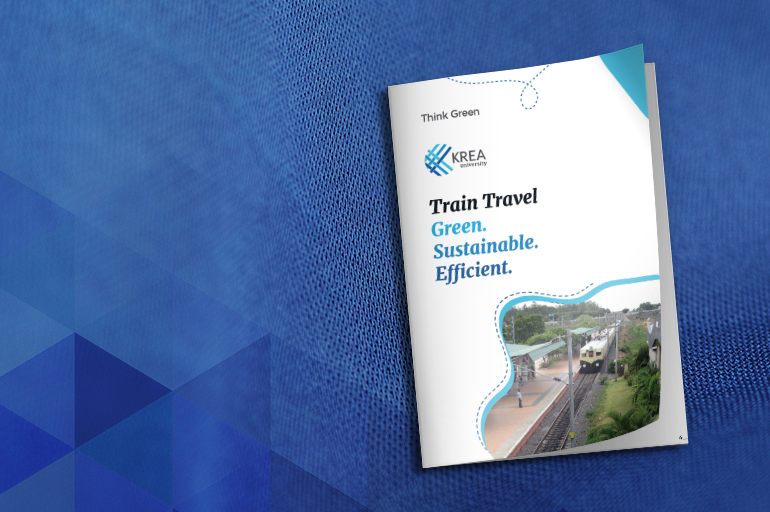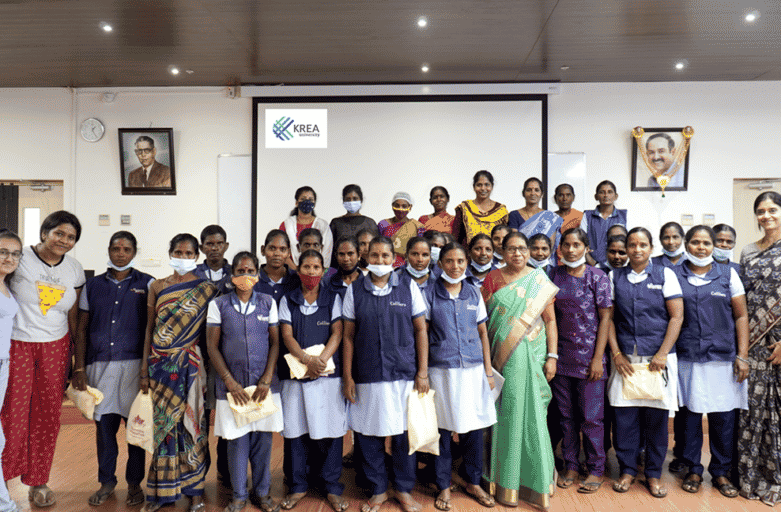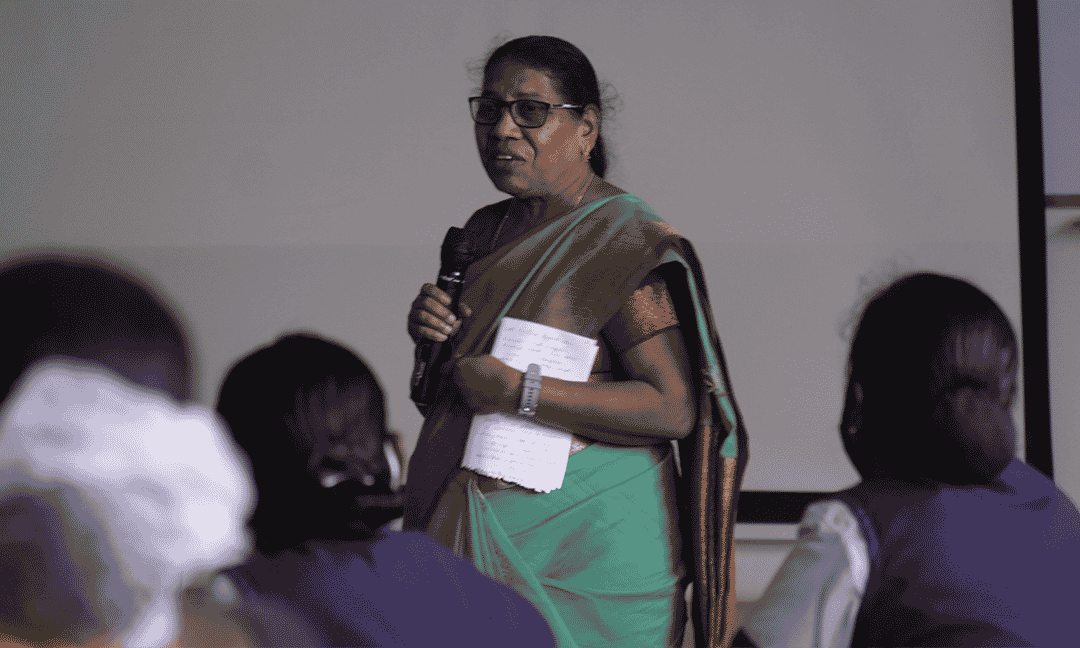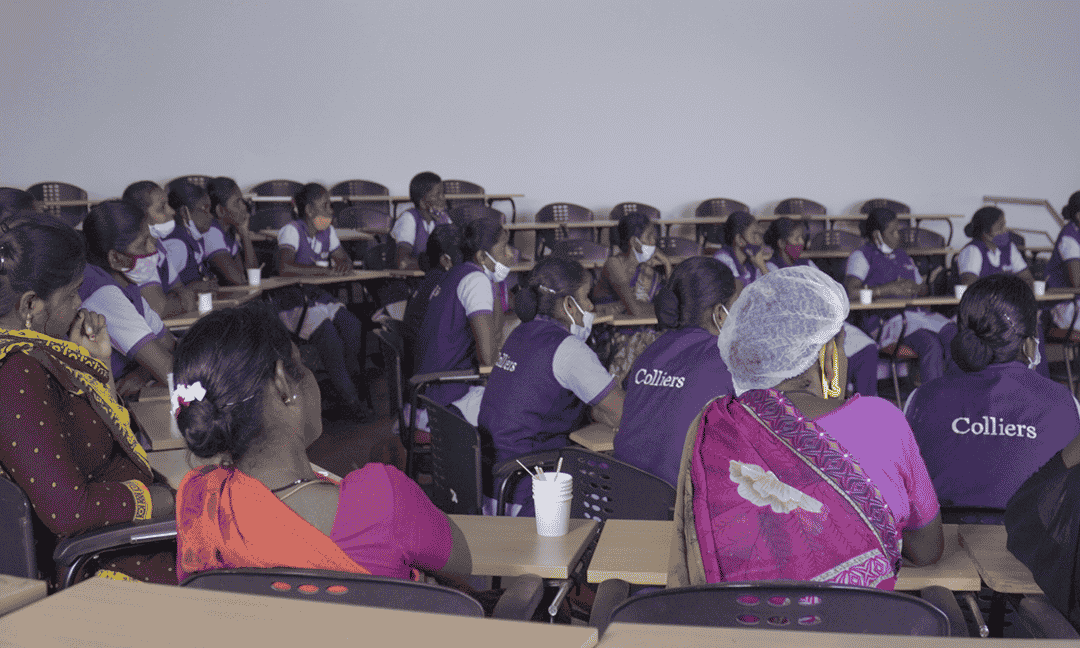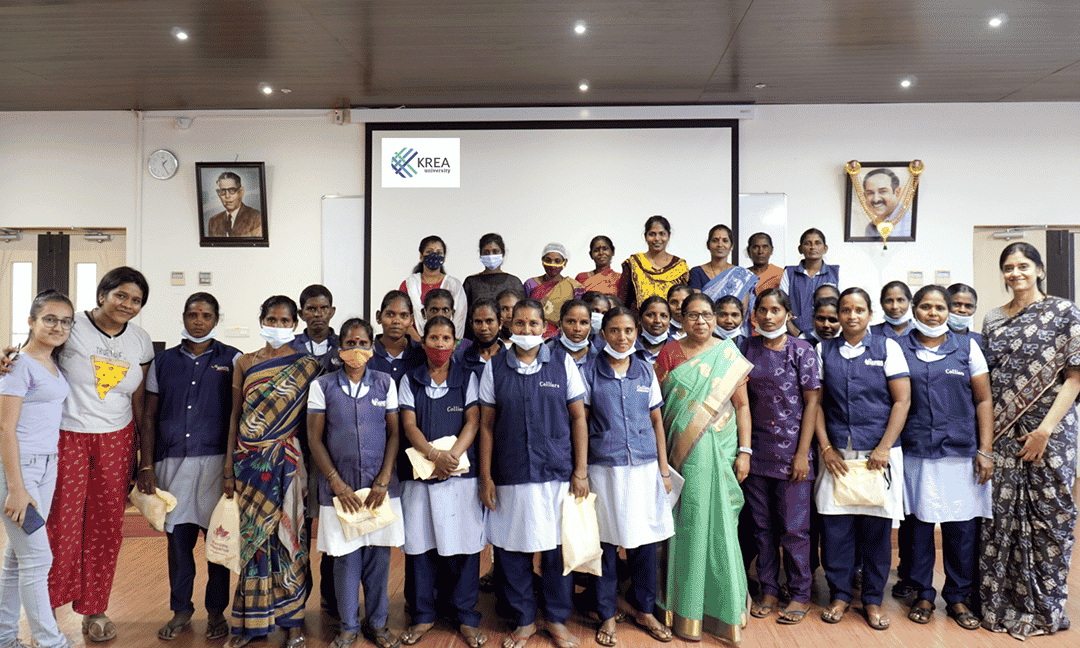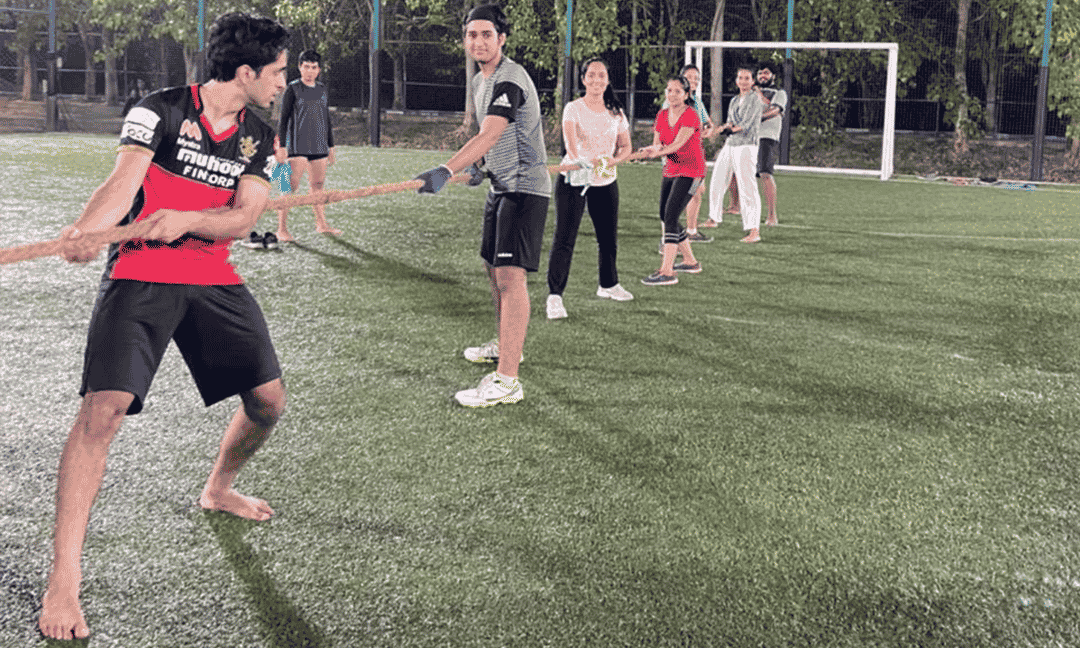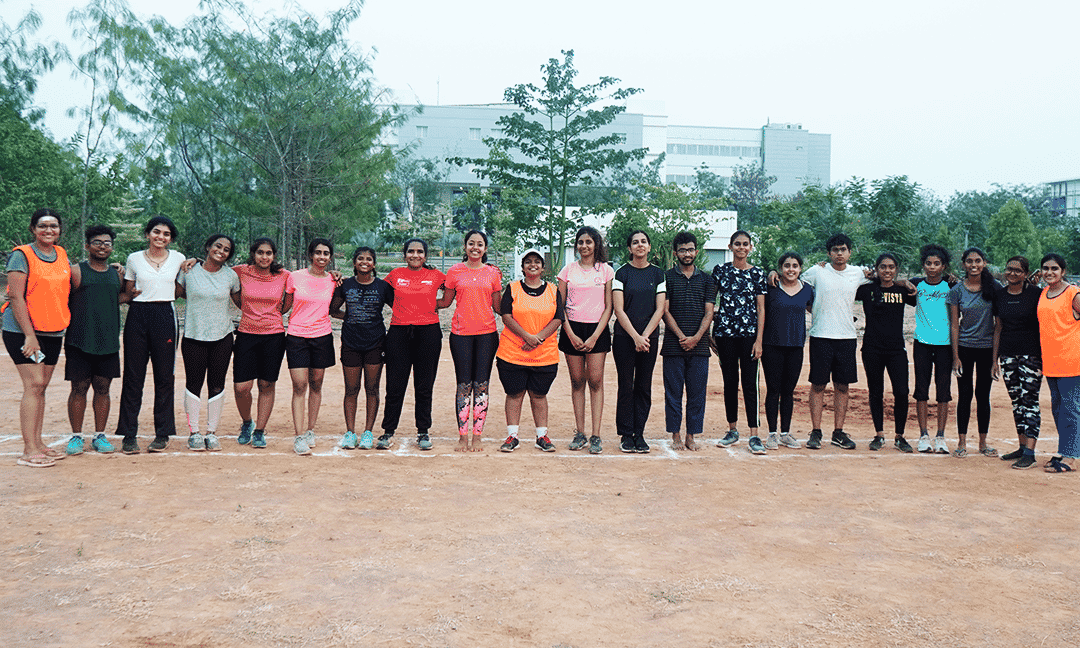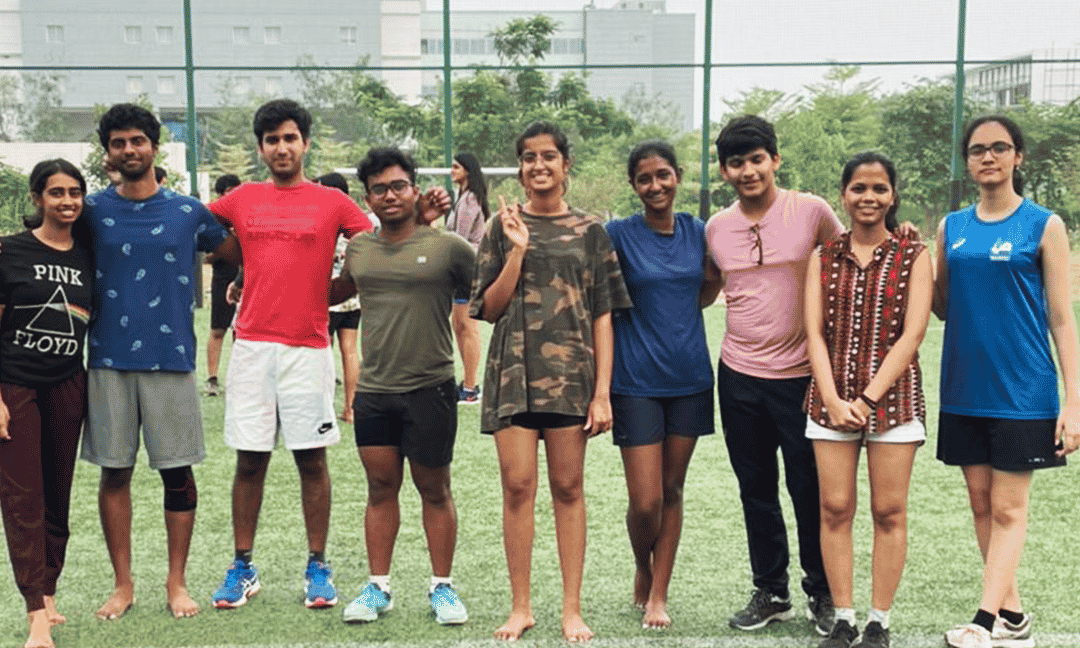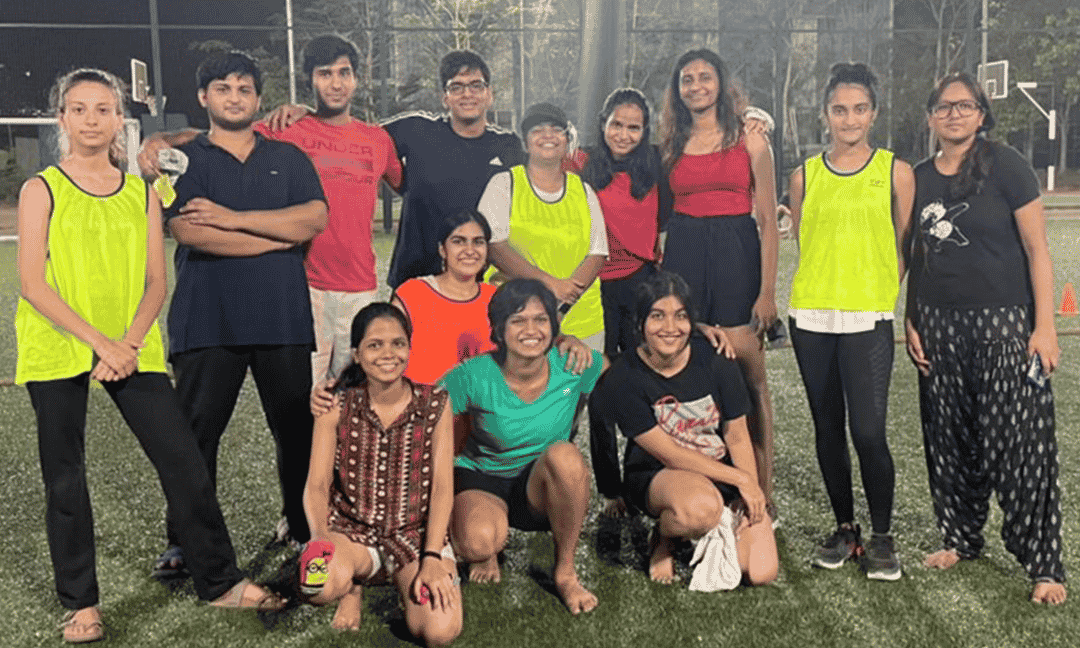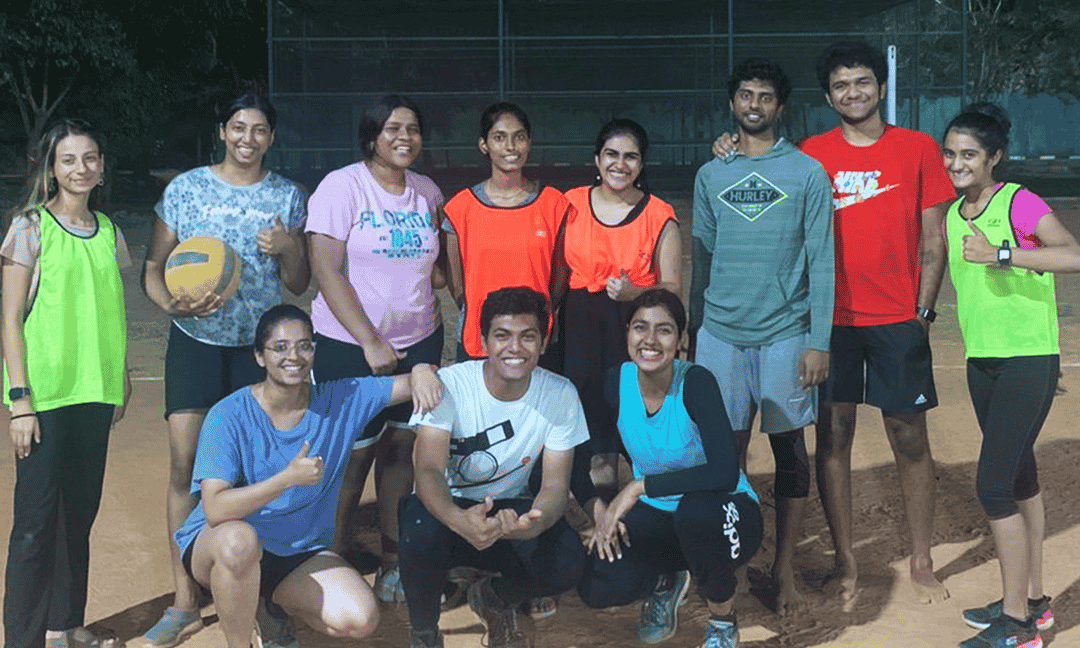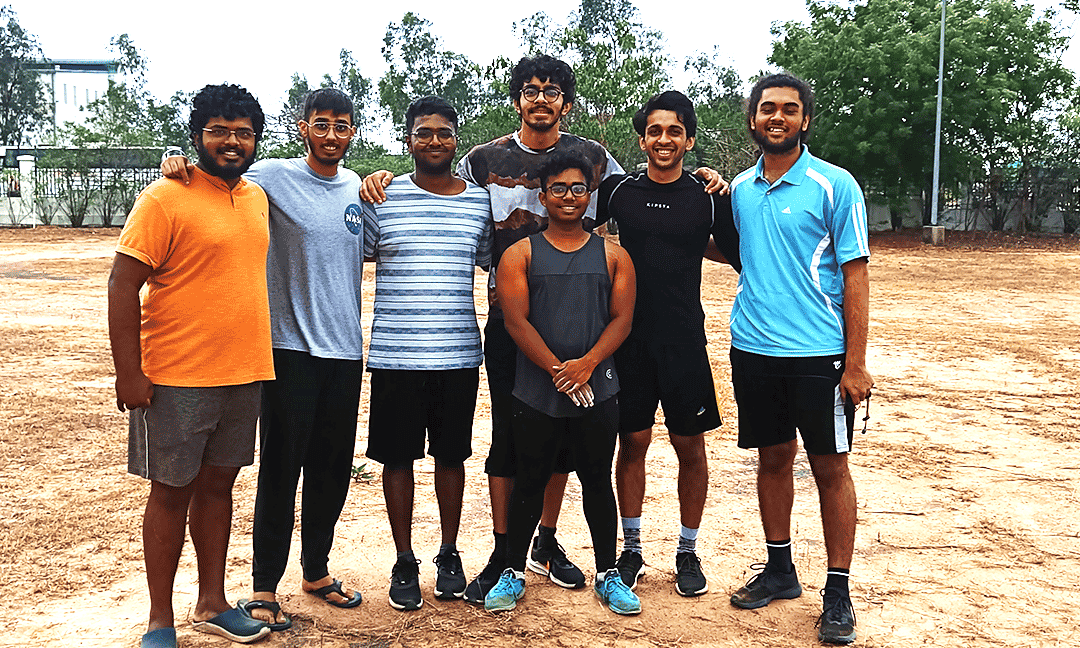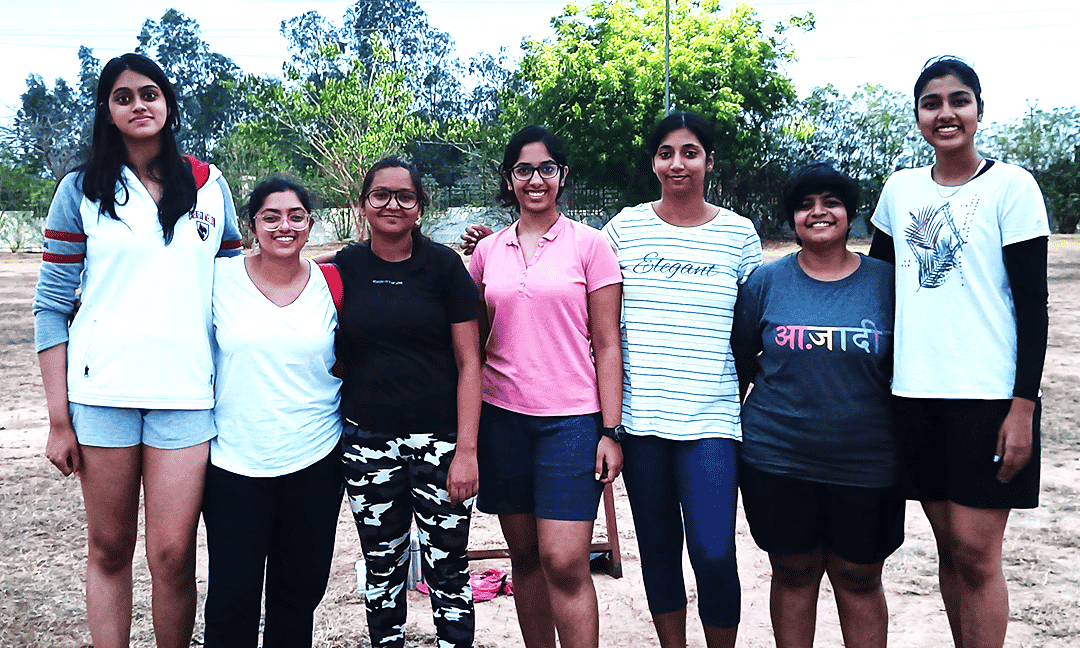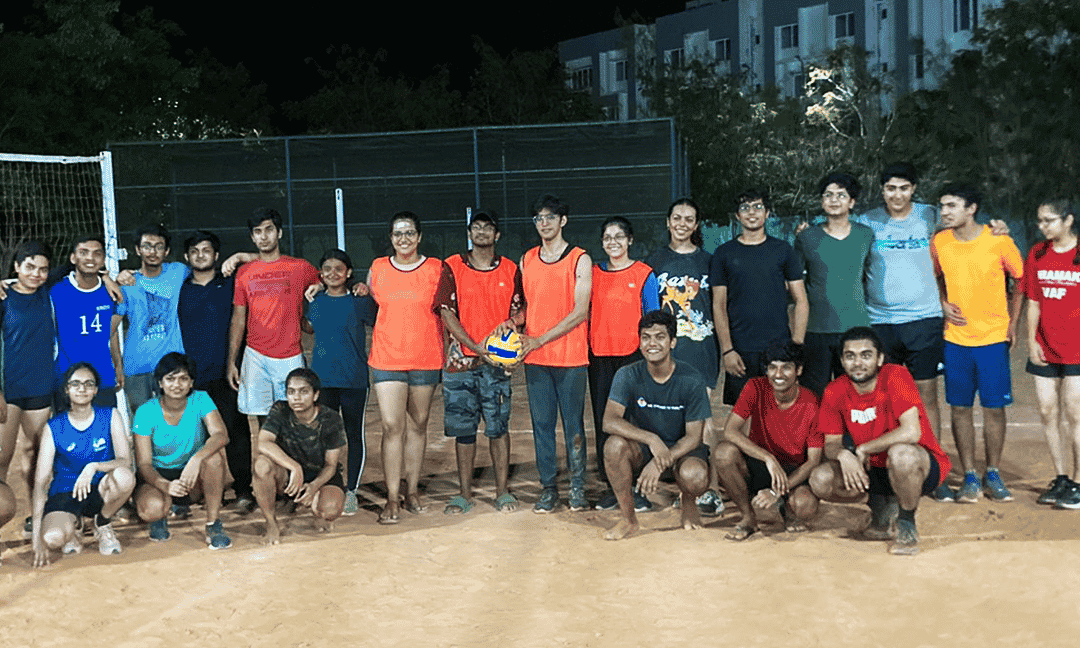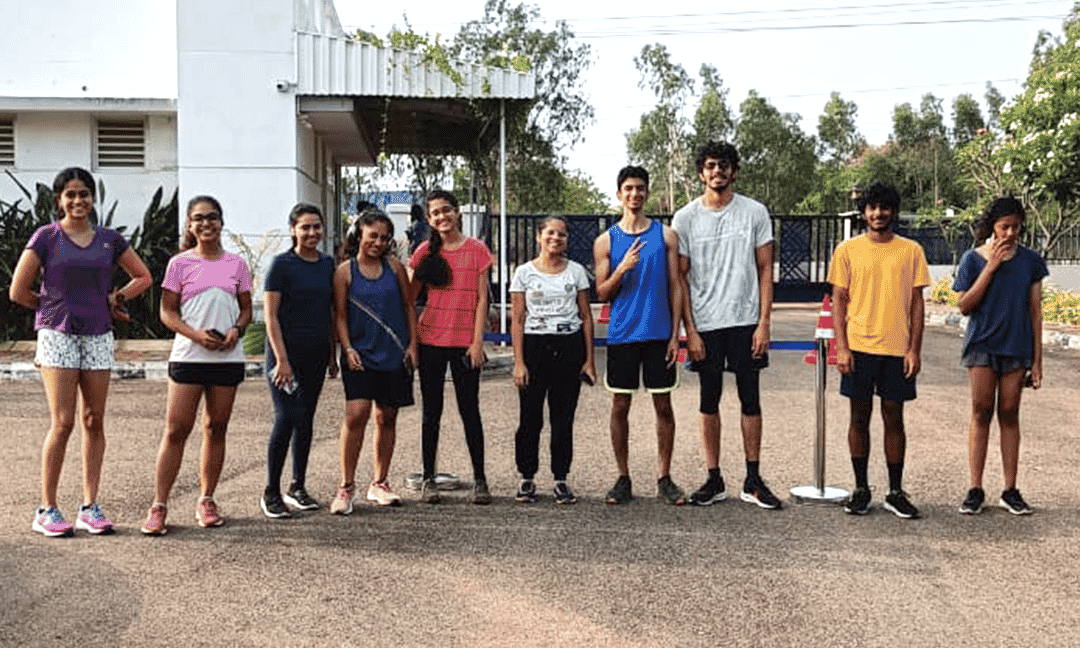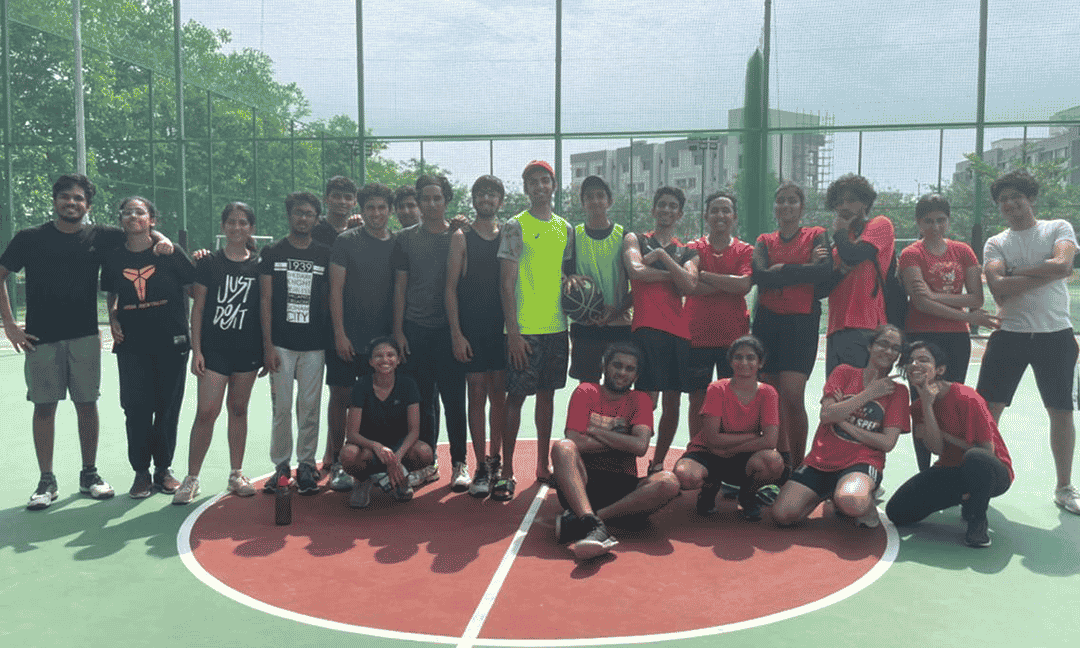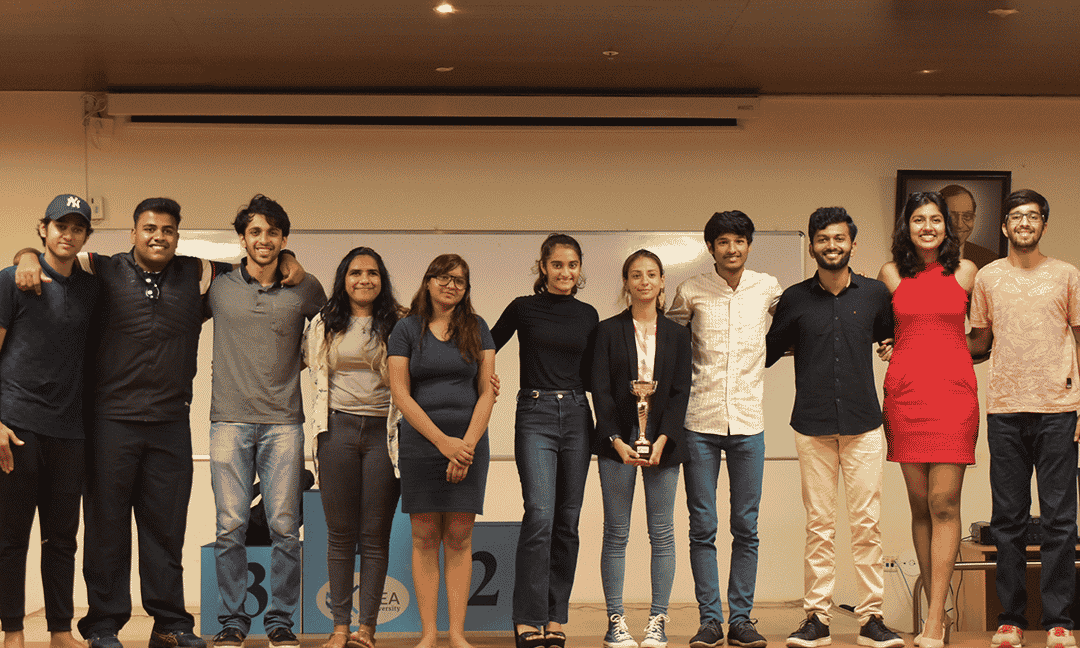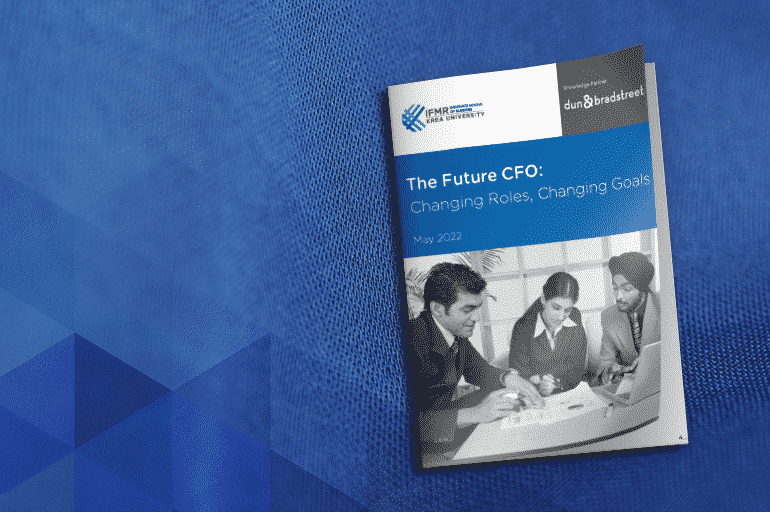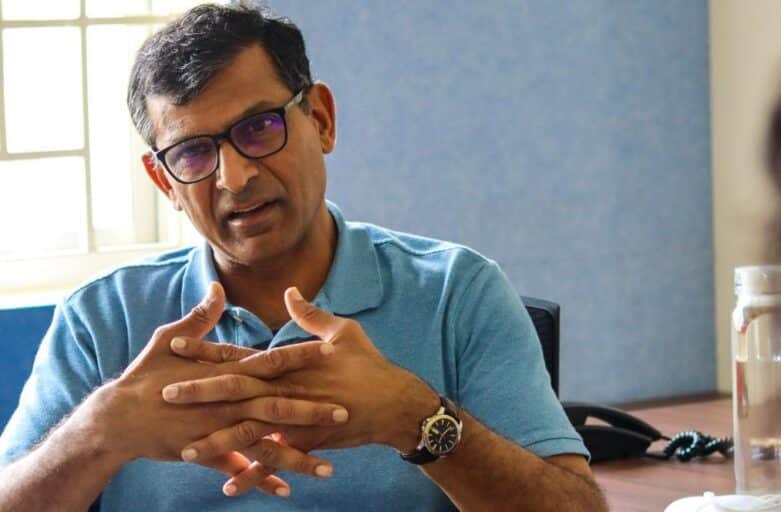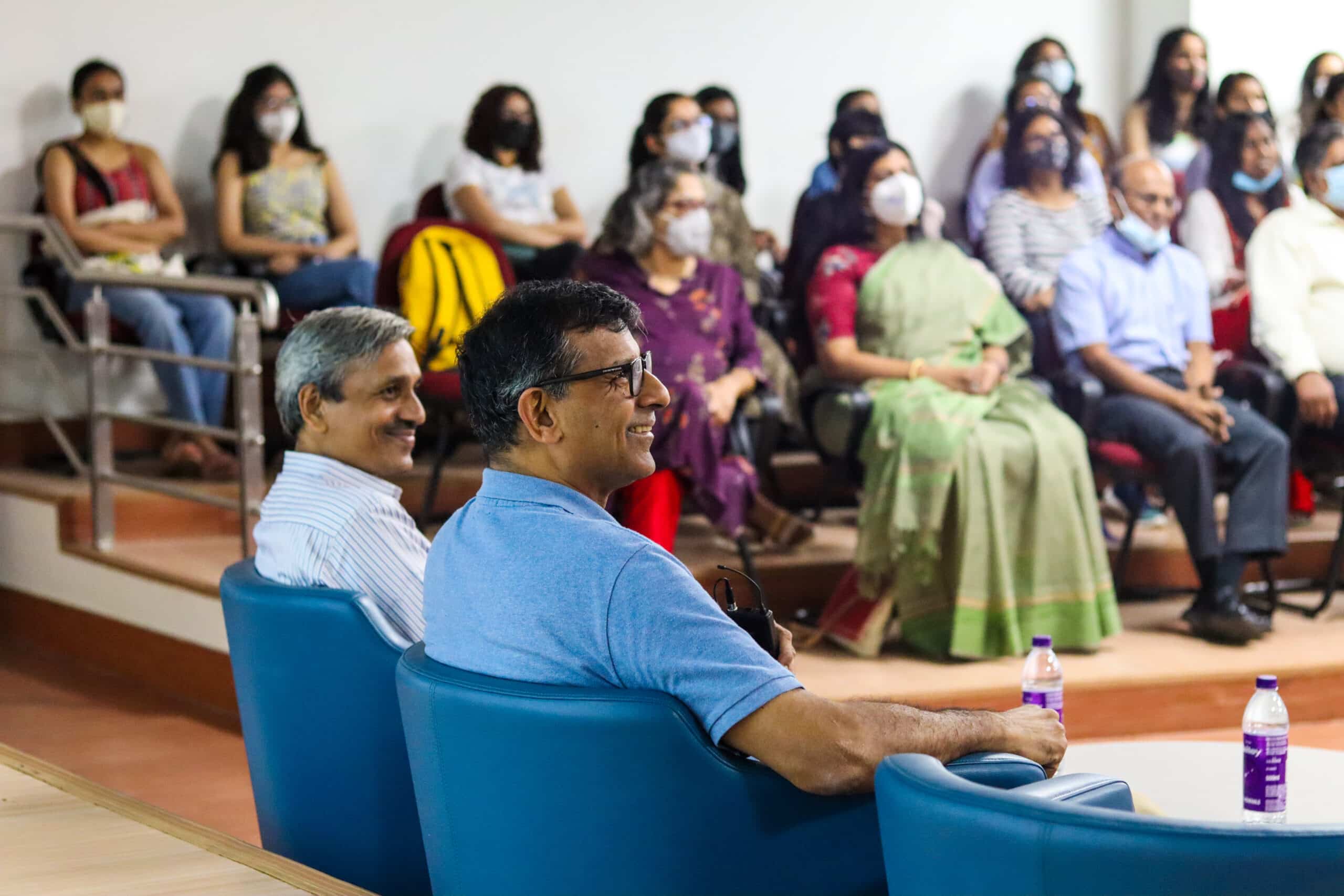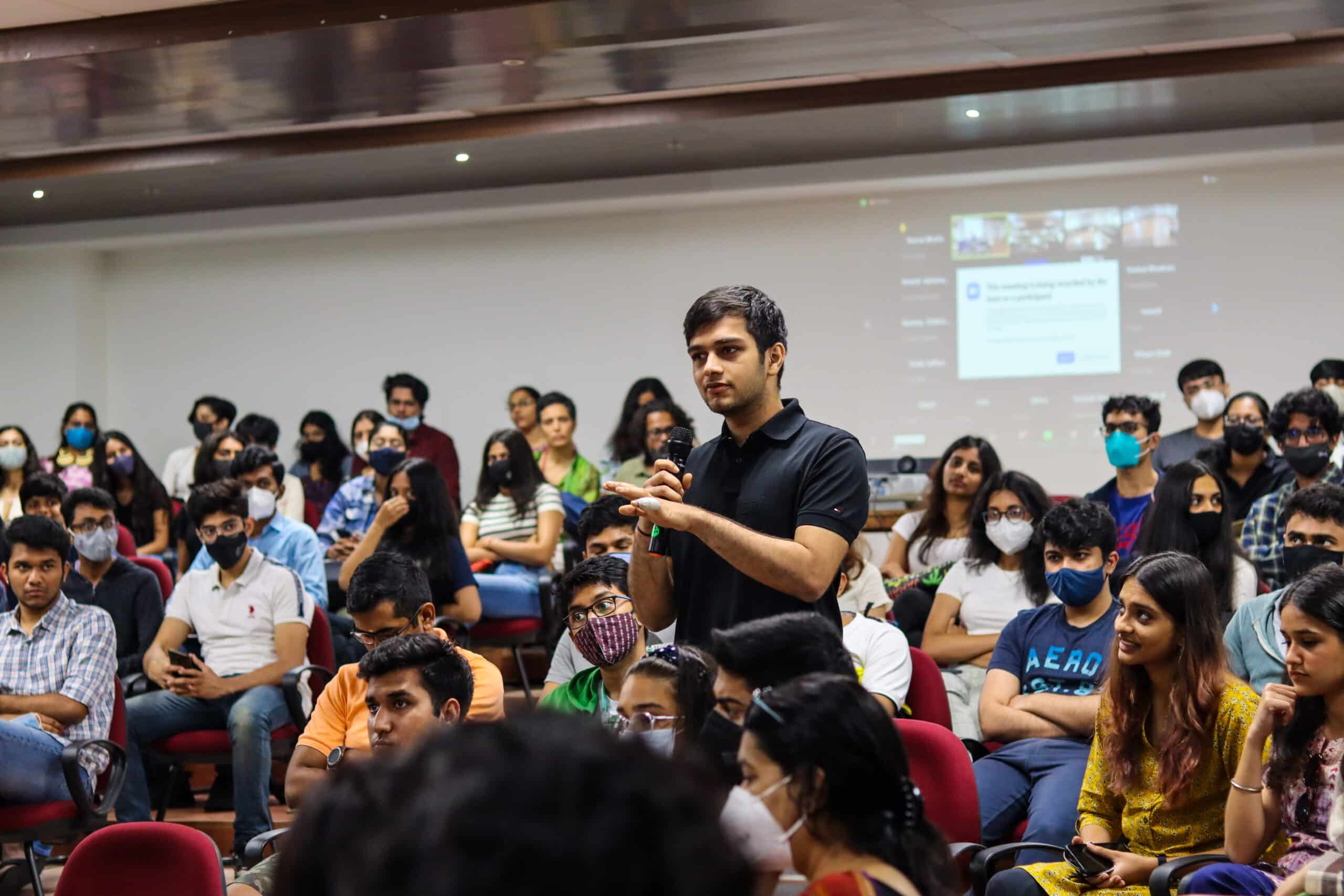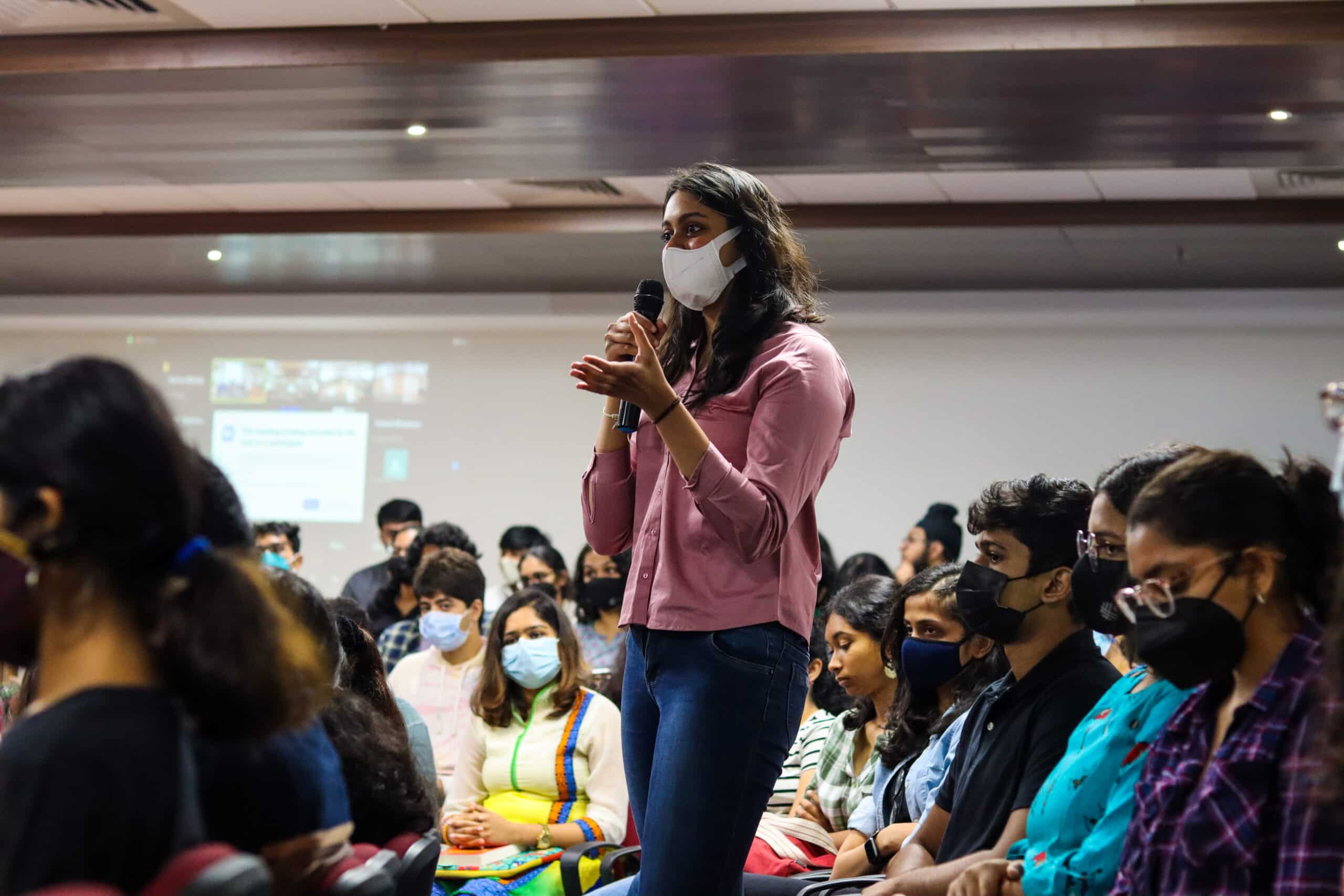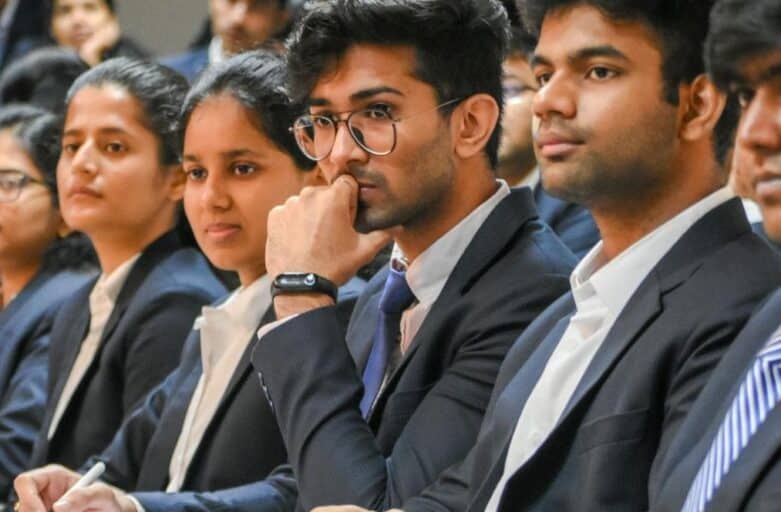Krea University and Dun & Bradstreet’s Quantitative and Qualitative Study of CFOs in the Nifty 250 Presents the “The Future CFO: Changing Roles, Changing Goals”
- The biggest challenges for CFOs are availability of skilled person-power, broader stakeholder management and managing new-age roles driven largely by digitization and sustainability
- Finance executives with an MBA degree experienced faster career growth
Mumbai and Chennai, May 30, 2022: The IFMR Graduate School of Business at Krea University and Dun & Bradstreet (D&B) today announced the findings of a study that captures the shifting priorities, new focus areas and diverse skill sets of new-age CFOs. Titled “The Future CFO: Changing Roles, Changing Goals”, the study is based on quantitative and qualitative insights from dozens of Indian CFOs and outlines the changing role of CFOs, key capabilities and competencies needed for CFOs of today and tomorrow, and the shifting priorities and newer responsibilities for CFOs. The study also presents interesting changes in the demographics of Indian CFOs over the last five years.
Mr. Ramkumar Ramamoorthy, Pro Vice-Chancellor for Professional Learning at Krea University,said,“Technology is fast becoming the language of business, and sustainability its underlying grammar. Rapid digitalization and a sharper focus on ESG have triggered a renaissance in the CFO office. Today’s CFOs play multiple roles—they are trusted partners to CEOs on not just financial but also strategic matters, conscience-keepers of Boards in enhancing stakeholder trust, storytellers deriving hindsights, insights and foresights from financial data, and PE-minded investors strengthening core businesses with investments in next-gen start-ups. This study delves into the skills, attributes and actions required of new-age CFOs to transform their organizations into purpose-led brands, drive profitable growth, enhance stakeholder satisfaction, and increase competitive differentiation.”
Ms. Preeta Misra, Senior Director, Dun & Bradstreet India said, “The relationship between a CEO and a CFO is critical for any business. Our study foundthat the ability to envision the business growth is the most important trait for a CFO. To be a trusted partner to the CEO, CFOs need newer skills to address newer demands of the market. The finance team now needs to become a multi-disciplinary team to champion organizational transformation, to manage existing challenges and capitalize on newer opportunities.”
Key takeaways:
- Availability of skilled person-power remains one of the biggest worries for CFOs.
- MBA is a career accelerator. In Nifty 250 companies, 47% of CFOs with an MBA are under 50 years, as compared to 35% of CFOs with non-MBA qualification for FY 2022.
- From traditional CFO-led activities—accounting and auditing, financial analysis and planning, investor relations, financial risk management, product pricing and regulatory compliance—CFOs now find themselves more involved in corporate strategy, organizational transformation, digitization, enterprise risk management and ESG implementation, and they feel these would be focus areas for next five years as well.
- Leaders need to walk the talk. The avowed commitments made by boards to increase diversity at executive levels do not reflect in the actual appointments. In FY 2022, there was no woman CFO in Nifty 50 companies, and the number was less than 5% in Nifty 250 companies.
- 86% CFOs gave high importance to digital technologies such as analytics, artificial intelligence, blockchain, and cloud-based systems that are increasingly deployed to help CFOs transition from “systems of record” to “systems of engagement and intelligence”. This calls for new-age competencies largely driven by new-age technologies.
- CFOs need to build relationship capital through greater people-oriented skills including communication and collaboration with teams across the organization.
- CFOs need to be storytellers to present the larger corporate purpose as well as business, operational and financial strategy to multiple stakeholders.
- In addition to allocating capital to minimize unsustainability, CFOs need to create newer financial models to shape business sustainability and achieve publicly disclosed sustainability goals.
- Educational institutions and professional bodies need to curate new-age programs across these focus areas and new-age skills to enrich the capabilities and competencies of finance professions in the country.
-end-
About the report
The report highlights the shifting priorities, challenges faced, and key focus areas of CFOs based on primary surveys. The survey interviews of CFOs were conducted between January and March 2022. To capture the demographic changes, D&B analysed the Nifty 250 companies—Nifty 50, Nifty Next 50 and Nifty Midcap 150 index companies for FY 2016 and FY 2022 to see how the needle has moved over this period across different facets and mine insights. D&B chose the Nifty 250 as they represent over 70% of sales for FY 2022 of India Inc. and constitute about 86% of market capitalization of the listed NSE universe.
Click here for the report
About IFMR GSB at Krea University
Propelled by the 50 years strong legacy of IFMR and in line with Krea University’s ethos of re-imagining education empowered by the unique Interwoven Learning, IFMR Graduate School of Business is preparing impactful and effective business leaders who can solve the problems of the future. Having evolved from a research-based institution to a full-fledged business school IFMR GSB’s curriculum blends a mix of theory with simulated real-life exposure and endeavours to shape business practices through inventive, sharp thinking and cutting-edge research. Porous boundaries bring the real world to the classroom and enable students to gain an an immersive learning environment, aided by programmes, internships, workshops and sessions in collaboration with diverse global institutes and eminent speakers from varied fields. IFMR GSB offers a full-time MBA programme, executive and management development programmes for experienced professionals and PhD program in affiliation with University of Madras.
Over 20 years, IFMR GSB has built a robust network of 5000+ eminent alumni across the spectrum of industries who bring in valuable insights and expertise to the students while the illustrious Academic Council provides deep insights and direction to IFMR GSB’s teaching, design curriculum, research and related activities. The Governing Council, Executive Committee, and Board of Management at Krea University include eminent leaders from the world of finance and economics such as N Vaghul (former Chairman of ICICI Bank Ltd), Raghuram Rajan (the 23rd RBI Governor), R Seshasayee (former Chairman of IndusInd Bank), Raghu Sundaram (Dean of NYU Stern School of Business), S Mahalingam (Former Chief Finance Officer. & Executive Director. Tata Consultancy Services), and Esther Duflo (Nobel Laureate and Co-Founder and Co-Director at the Abdul Latif Jameel Poverty Action Lab (J-PAL), among others.
IFMR GSB at Krea University Contact:
Name: Akhila Krishnamurthy
Email: [email protected]
About Dun & Bradstreet
Dun & Bradstreet, a leading global provider of business decisioning data and analytics, enables companies around the world to improve their business performance. Dun & Bradstreet’s Data Cloud fuels solutions and delivers insights that empower customers to accelerate revenue, lower cost, mitigate risk and transform their businesses. Since 1841, companies of every size have relied on Dun & Bradstreet to help them manage risk and reveal opportunity. For more information on Dun & Bradstreet, please visit www.dnb.com.
Dun & Bradstreet Information Services India Private Limited is headquartered in Mumbai and provides clients with data-driven products and technology-driven platforms to help them take faster and more accurate decisions in domains of finance, risk, compliance, information technology and marketing. Working towards Government of India’s vision of creating an Atmanirbhar Bharat (Self-Reliant India) by supporting the Make in India initiative, Dun & Bradstreet India has a special focus on helping entrepreneurs enhance their visibility, increase their credibility, expand access to global markets, and identify potential customers & suppliers, while managing risk and opportunity. Visit www.dnb.co.in for more information.
Dun & Bradstreet Contact:
Name: Kaustav Bhattacharya
Email: [email protected]
Mobile: 9650306645




